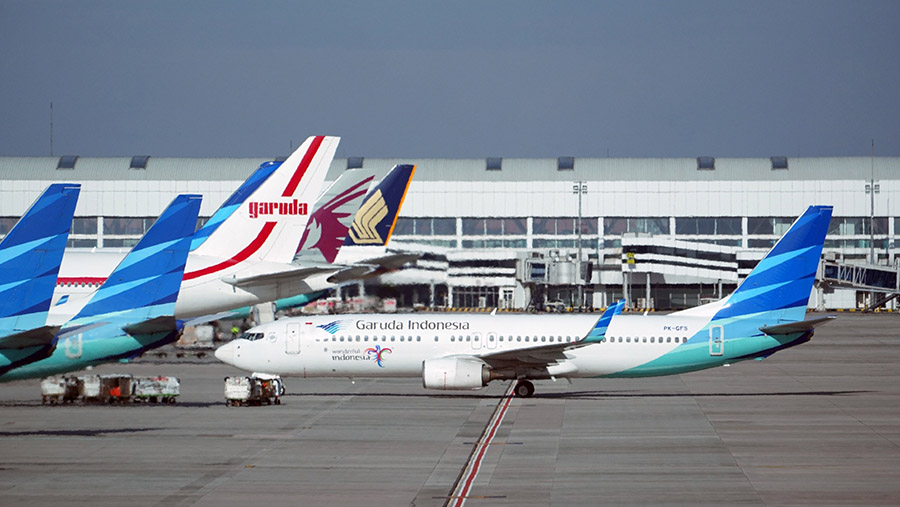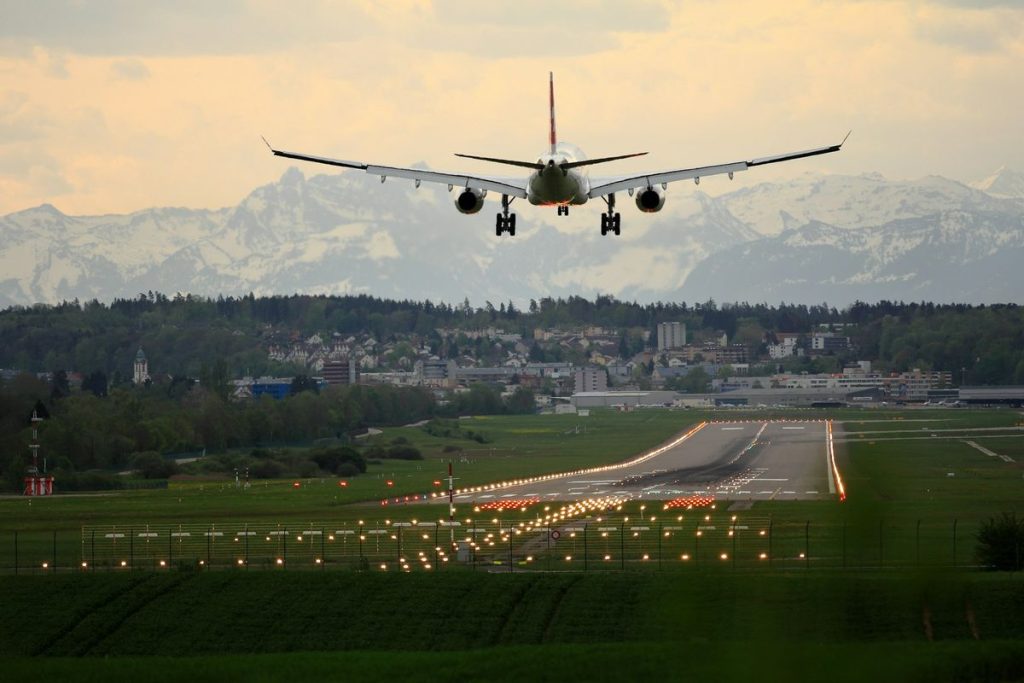The Urgency of a State-Owned National Airline

National airspace is a strategic natural resource that must be controlled by the state. The Indonesian Constitution, as outlined in Article 33 of the 1945 Constitution, affirms that vital production sectors that affect the livelihood of many must be under state control. In the context of aviation, airspace is a crucial national asset that should be managed optimally for the benefit of the people. If airspace control is entirely handed over to private or foreign entities, the state will lose authority over this strategic asset and one of its potential revenue sources. This poses a serious threat to Indonesia’s existence as a sovereign nation.
The presence of a state-owned airline ensures that airspace management remains under government control, allowing aviation policies to align with national interests. Additionally, in a dynamic geopolitical landscape, state ownership of an airline provides a strategic advantage in maintaining air sovereignty and preventing monopolization by foreign or private entities that are primarily profit-driven.
The State’s Obligation to Serve the Public. Similar to land, sea, and rail transportation, air transport is a fundamental necessity for the public. Therefore, the existence of a state-owned airline is an essential part of the government’s responsibility to ensure equitable transportation services for all citizens, including those in remote regions that are not commercially viable for private airlines. Without a national airline, people in the outermost and isolated areas would face significant difficulties in accessing adequate transportation. In this context, the state cannot fully entrust air transportation services to a free-market mechanism that prioritizes profit over public service and national unity. With a national airline, the government can implement fairer pricing policies and ensure that flight services extend beyond profitable routes to include regions with urgent transportation needs, even if they are less commercially attractive.

A Unifying Instrument and National Reserve in Emergency Situations. Indonesia has a long history of utilizing its national airline as a unifying instrument and a strategic tool in times of crisis. Historically, the national airline has played a crucial role in military and humanitarian operations, such as during the Trikora and Dwikora campaigns, as well as disaster relief efforts following events like the Aceh tsunami and various earthquakes across the country. Clearly, in situations of war or disaster, a state-owned airline can be swiftly mobilized to support humanitarian missions, evacuations, or logistics transportation under direct government command and control. In contrast, private airlines, driven by profit motives, may suspend operations at any time. A state-owned airline remains committed to operating in the interest of national security and public welfare. It also serves as an “Air Bridge” within the country’s communication and transportation network. Therefore, state ownership of an airline is not only about economic interests but also a vital component of national defense strategy.
Economic Potential and Available Capital Base. One of the key factors supporting the sustainability of a state-owned airline is the presence of a strong captive market. Indonesia has highly dense domestic flight routes with significant mobility of people and goods between major islands and remote areas. Additionally, the demand for flights for Umrah and Hajj pilgrimages provides a stable and promising revenue source for a national airline. With effective management and government policy support, a state-owned airline can be efficiently operated without burdening the national budget. In fact, the government can optimize business strategies by leveraging strategic routes and collaborating with various stakeholders to ensure operational sustainability. This model has been successfully implemented in several countries, such as Singapore Airlines in Singapore and Emirates in the United Arab Emirates, which remain under state control yet operate professionally and profitably. Of course, this requires a management team composed of competent, dedicated, and high-integrity personnel who are resistant to corruption.
Thus, the existence of a state-owned airline is not merely an economic necessity but also a constitutional mandate to ensure state control over strategic resources. The government has a responsibility to guarantee equitable and affordable air transportation services, just as it does for other transportation modes. Furthermore, a national airline strengthens national unity and serves as a strategic reserve in emergency situations. With a robust captive market, a state-owned airline can be managed professionally while remaining competitive in the global aviation industry. Therefore, policies aimed at maintaining and strengthening the national airline must be prioritized in the country’s long-term transportation development plans. The government must ensure that the airline is managed transparently, professionally, and in the best interest of the people, enabling it to serve as a primary instrument for safeguarding air sovereignty and sustainably enhancing national welfare while also contributing to state revenue.
Jakarta, March 10, 2025
Chappy Hakim – Founder & Chairman Indonesia Center for Air Power Studies.




